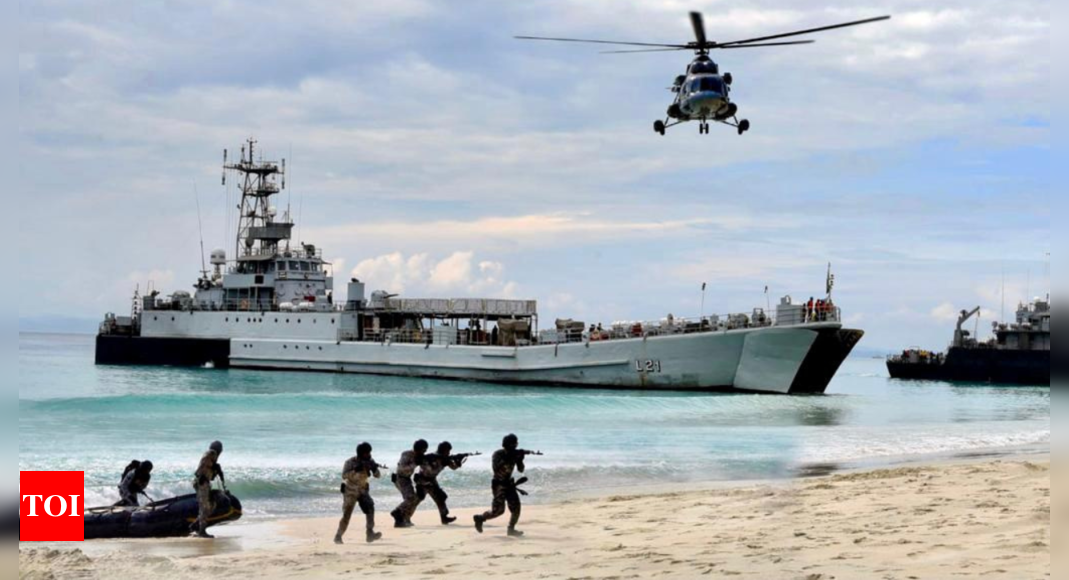NG Missile Vessels
FULL MEMBER

- Joined
- Apr 9, 2023
- Messages
- 1,600
- Reaction score
- 0
- Country
- Location
The Integrated Theatre Command, set to be announced on August 15, will differ from traditional approaches by not being based on geographical boundaries like other countries. Instead, it will be organized around numerical designations.
The first test-bed, ITC 1, will be the Jaipur-based South Western Command, responsible for military operations along the western borders with Pakistan. Following this, ITC 2 will be established in Lucknow, tasked with safeguarding the northern borders with China. Meanwhile, ITC 3, the maritime theatre command, will be stationed in Karwar, Karnataka.
Unlike the United States and China, who name their theatre commands based on the region of operation, India’s approach adheres to the concept of ‘One Border One Force,’ ensuring focused and efficient management.
While the United States Indo-Pacific Command oversees the region that includes India, China’s Western Theatre Command covers the Line of Actual Control with India, from Eastern Ladakh to Arunachal Pradesh.
Presently, discussions are ongoing to select the first theatre commander and address other related issues. India’s armed forces currently operate under 17 independent commands, with the Indian Army and Indian Air Force each having seven commands, and the Indian Navy having three.
To clarify, India also has two unified commands—the Andaman and Nicobar Command and the Strategic Forces Command.
The implementation of theaterisation was delayed due to the unfortunate demise of General Bipin Rawat, India’s first chief of defence staff, in a helicopter crash on December 8, 2020. His role was vital in formulating the Theatre Command, along with integrating and synchronizing the armed forces.
@Dalit @Areesh @hussain0216 @White and Green with M/S @arjunk


